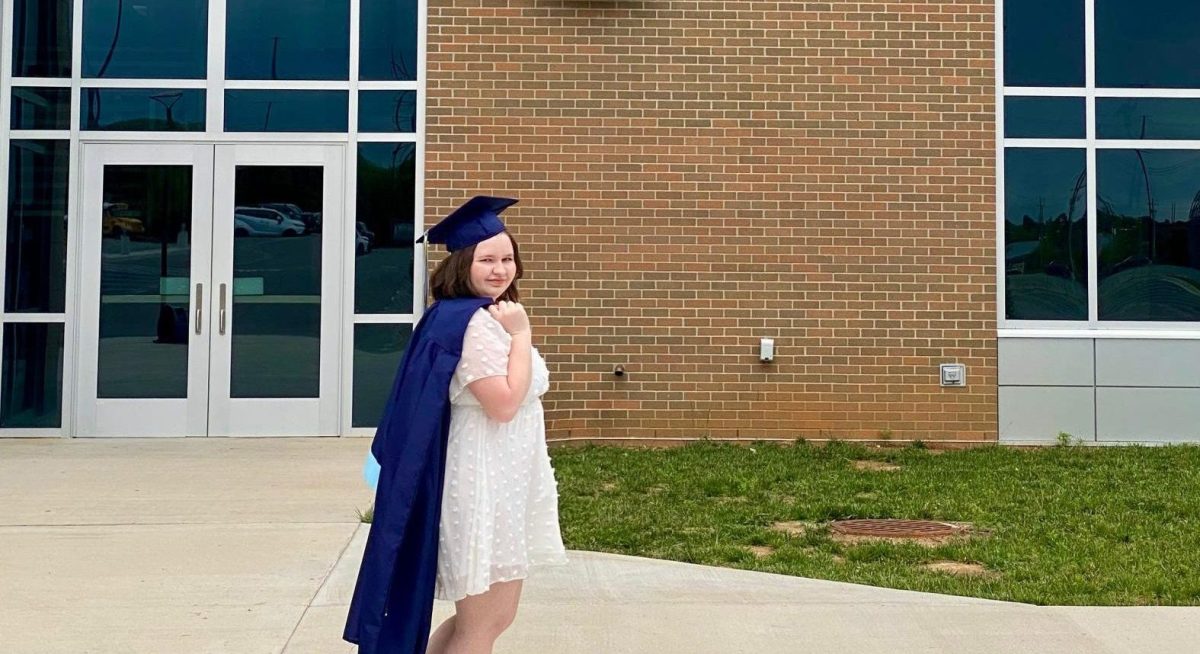CHHS Bruins and Their Hibernation Habits

September 27, 2022
Sleep is one of the most important things to the human body. The amount of sleep and its quality has such an impact on our health. For students, sleep isn’t always a vital part of their routine. Though we all have our opinions on how much sleep we as individuals need, it’s important for students to get an appropriate amount of sleep each night, and a consistent amount of sleep at that.
Central’s Statistics
Central Hardin’s sleep habits are all over the place. 67.6% of 71 students get less than eight hours of sleep per night. Only 29.6% of students get eight hours of sleep per night. 2.8% of students get less than four hours of sleep per night.
When asked how much sleep Central Hardin’s student body wished they got, an overwhelming amount of students wished they got a proper amount of sleep per night. However, some students believe they can function off of little to no sleep. While it may feel that way to some, that’s not the healthy lifestyle one needs to live.
Sleep Deprivation
Sleep deprivation can falsely make you feel energized and awake trying to make up for your lack of sleep.
“Sleep deprivation boosts activity in the part of the brain that is driven by the neurotransmitter dopamine, which is linked to the brain’s reward center. Sleep deprivation-induced euphoria affects your mood in the short term and you might feel a giddy rush,” according to WebMD.
Proper Sleep
A proper amount of sleep is important for your health. The CDC recommends that teens get 8-10 hours of sleep per night. Adults 18-60 need at least seven hours of sleep per night. Without a proper amount of sleep, your body can’t properly repair itself and be ready for the next day. Your body will be tired and you put yourself at risk of getting sick.
“People who don’t get quality sleep or enough sleep are more likely to get sick after being exposed to a virus, such as the common cold virus. Lack of sleep can also affect how fast you recover if you do get sick,” according to the Mayo Clinic.
Through proper sleep habits, you can boost your immune system, strengthen your heart, increase your productivity, improve your memory, and improve your exercise performance according to Intermountain Healthcare.
Health Risks Associated with No Sleep
Health risks that can come from not getting enough sleep include heart disease, kidney disease, high blood pressure, diabetes, stroke, obesity, and depression according to the National Heart, Blood, and Lung Institute.
The cause of the lack of sleep at Central Hardin stems from the difficulty students face when trying to sleep. 39% of students struggle with falling asleep at night, while 38% occasionally suffer from this difficulty.
Trouble Catching Z’s?
For those who struggle with falling asleep at night, there is a multitude of things you can do to try and fix your sleep schedule.
Controlled breathing is an essential part of relaxing your body into going to sleep. Using breathing techniques can calm your brain and your senses, ultimately lulling you to sleep.
One controlled breathing technique you can try is counting your breaths. The Sleep Foundation says to inhale slowly and gently through your nose and exhale slowly and gently through your mouth. Count each breath in a way that feels the most natural to you.
Another technique the Sleep Foundation suggests to try is simple meditation and mindfulness. Mindfulness and meditation consist of sitting or laying in a position that’s comfortable for you and focusing on inhaling and exhaling at a comfortable pace. The next step is to perform what is referred to as a body scan, which is noticing the position of your body and slowly scanning it. Become aware of your limbs and body slowly from head to toe and acknowledge any sensations you may feel. Slowly release all of the tension that’s in your body.
Self-Discipline
A major part of getting a proper amount of sleep is self-discipline. It’s very tempting to stay up and binge shows, read books, and play video games. However, with some self-discipline, all of these habits can be broken. According to Forbes in an article by Brent Gleeson, in order to achieve self-discipline, you must first know your strengths and weaknesses. You must remove temptations, set clear goals and have an execution plan, practice daily diligence, create new habits and rituals, and give yourself a backup plan.
Though proper sleep habits may seem hard to achieve, it’s necessary to develop these habits for a healthy lifestyle, superb performance at school, and maintaining a positive attitude and mindset. Sleep well, Bruins!
















